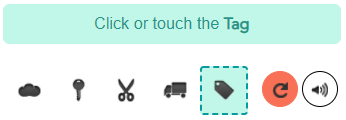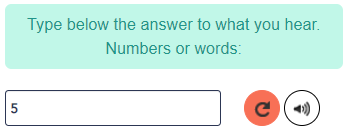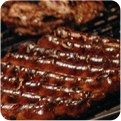What types of business insurance do grocery stores need?
These policies provide coverage for the most common risks facing grocers.
Business owner’s policy
This policy bundles commercial property and general liability insurance in one plan. A BOP is often the most cost-effective type of commercial insurance for grocery stores.
BEST FOR
-
Customer injuries
-
Damaged or stolen items
-
Business interruption incidents



























